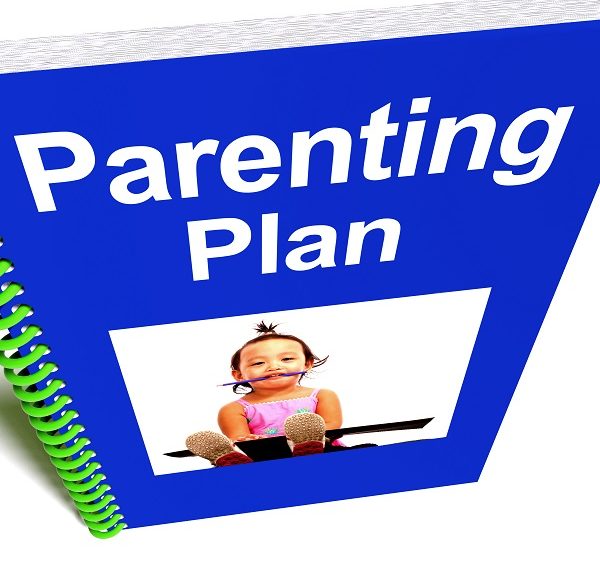For divorcing couples with children, perhaps the most important thing to address is a parenting plan. Property and money issues are usually more straightforward because they are assigned a value and appropriated according to legal standards. Deciding what is in the best interest of a couple’s children, however, is never easy.
A parenting plan must be established and approved by the court for the good of both the parents and the children. For the parents, it will define the respective roles to be played in the many and varied important issues involved in raising children. For the children, the plan will be critical to help them adjust to the effects of their parents divorcing. If handled poorly, that outcome can affect children for the rest of their lives.
Perhaps the most important aspect of a parenting plan is the age of each child. Infants, for example, need a consistent schedule for sleeping and eating. They also need physical comfort and bonding with the mother, particularly if being breast-fed. The non-custodial parent should visit on a regular schedule to also promote bonding.
Toddlers also need consistency in their environment, but the environment can be more flexible. Regular time with the non-custodial parent in their home is appropriate at this age, but the rules of each household should be the same for the child. If one parent has the primary parenting role, visits to the other parent should limited to 24 hours at a time. If shared custody is the plan, the time split should be limited to three days at a time.
Children at the pre-school age can adapt to longer periods away from a primary parent, again, with consistent rules in both households. Children at this age begin to need to know in advance when a change in location or caregiver is to occur. A sense of security is important at all points in a child’s developmental years, and at this age range, unexpected change can induce insecurity.
During the childhood years of 6 to 10 years of age, children begin to participate in a world outside the home and control of their parents. This can also cause insecurity, so it is ever more necessary for the parenting plan to provide a safe and secure home environment. Clear plans for time spent with each parent are important, as is the involvement of both parents in school and outside activities. Children need to feel supported by both parents in their school and other activities. This adds to their feelings of security and self-worth.
In pre-adolescence, children’s relationships with people outside the home increase and their time spent with parents starts to decrease. A child will begin to want variations in the parenting arrangement to accommodate his or her outside interests. It is fine for the child to have some say in when and where she will spend time, but it is important to demonstrate that the decision is still made by the parents, preferably together. Parents may need to sacrifice some of their time for the child to participate in outside activities.
The adolescent stage is when the parenting plan begins its descent, so to speak. Kids in this period are becoming more independent as they head for adulthood. They are increasingly in control of their schedules for school, sports, and other extra-curricular activities. Parents need to work together to allow this to occur while maintaining control. Children may try to play their parents off on one another to achieve a goal neither parent would otherwise approve. It is more important than ever for divorced parents to work together supervising adolescent children. At this age, ill-conceived actions by an unsupervised child can have dire consequences.
Obviously, there cannot be a one-size-fits-all parenting plan. The plan must be both rigid and flexible, depending on the needs of the children and the parents. The observations contained herein, however, can provide some insight as to a broad framework within which a plan can be refined.
The attorneys at the Law Offices of Judy L. Burger have extensive experience in family law matters, including complicated parenting plans. We can advise you about the many different issues that can impact the parenting of children after divorce. Contact us today to learn how our attorneys can help you in your case: (415) 293-8314.



